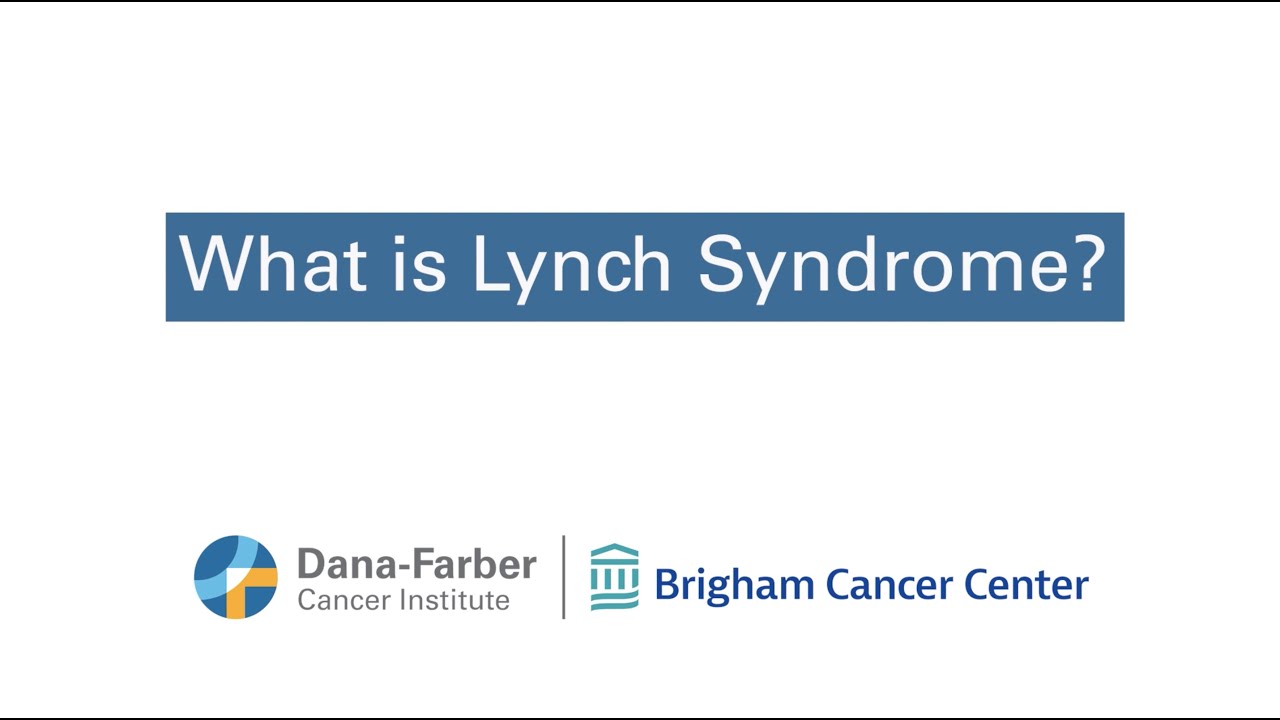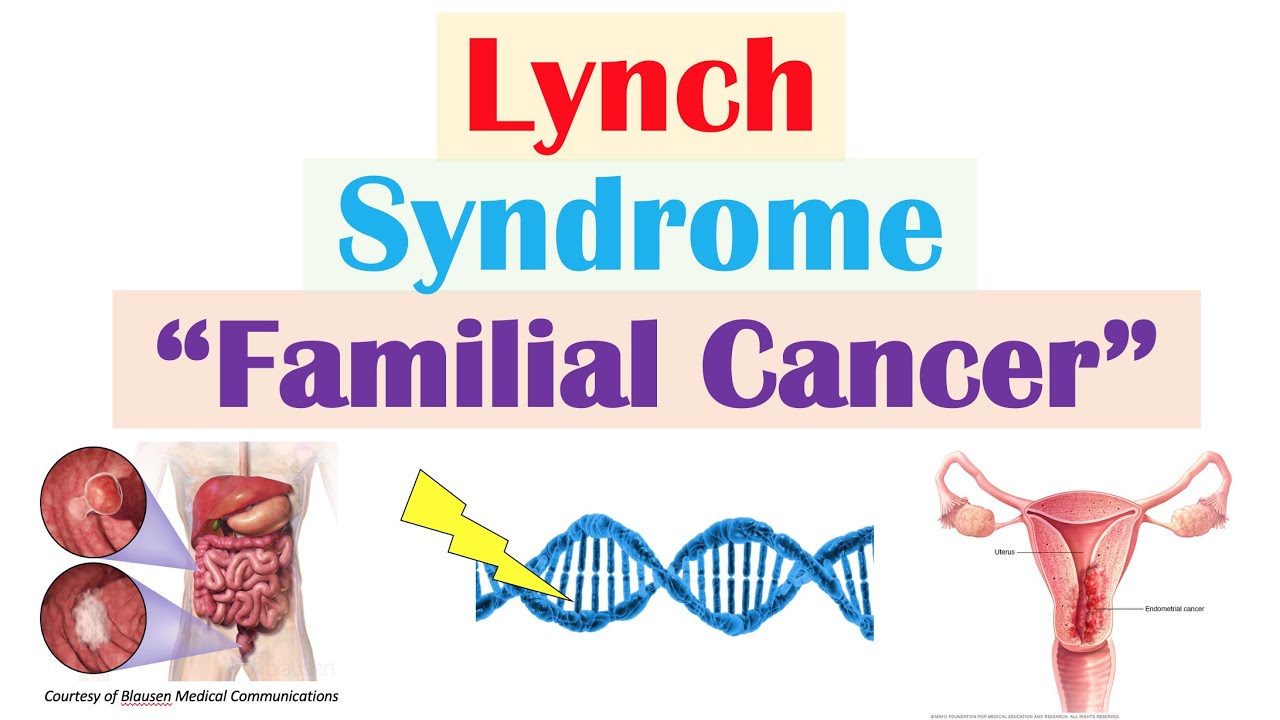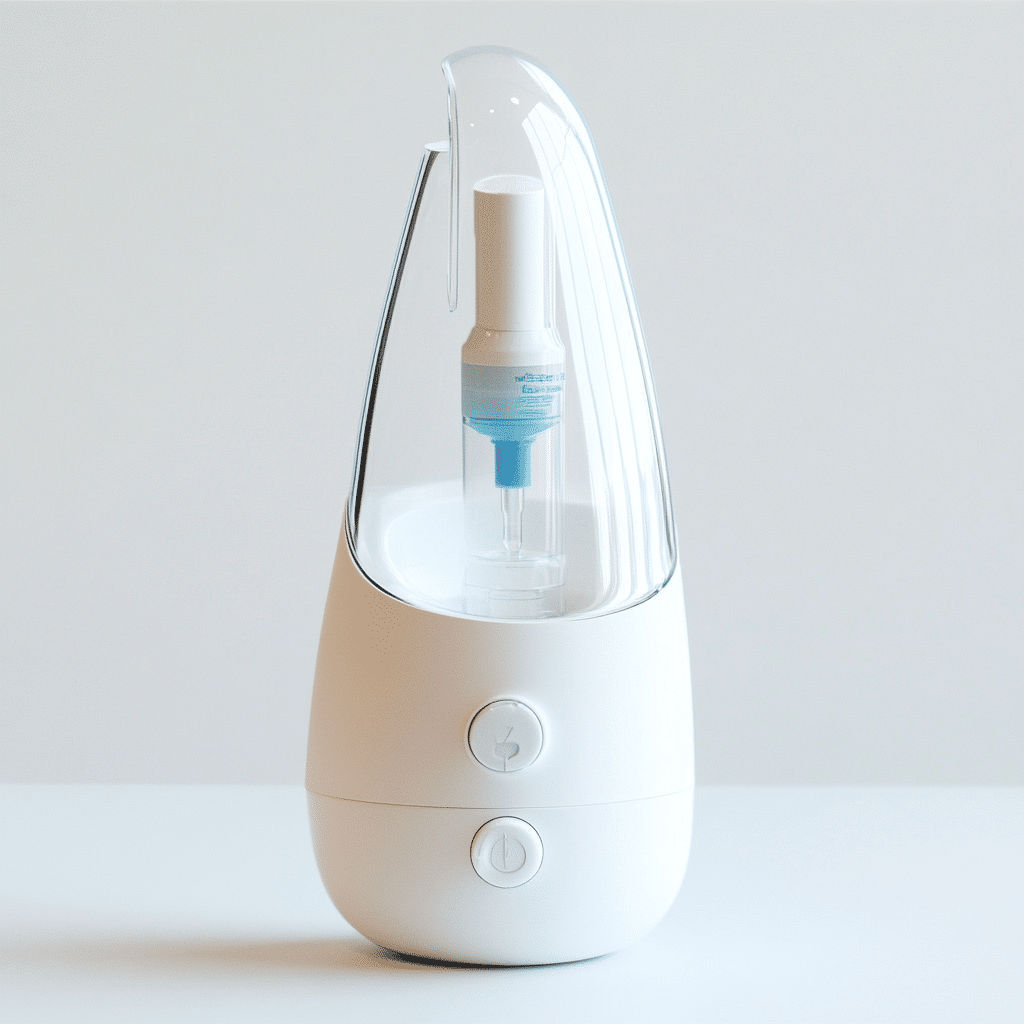Lynch Syndrome cancers are no joke. Diagnosing Lynch Syndrome, also known as hereditary non-polyposis colorectal cancer (HNPCC), hits hard, affecting not just health but the entire way of life for many individuals. It’s like being given a loaded dice that is fixed; while you can still play the game, the odds are against you. People diagnosed with Lynch suffer from an increased risk of developing several types of cancers, notably colorectal, endometrial, and ovarian cancers. It’s crucial to know that these cancers often show up much earlier in life compared to the general population. This reality can drastically change how individuals and their families navigate life.

The Spectrum of Lynch Syndrome Cancers
Colorectal Cancer: This is the heavyweight champion associated with Lynch Syndrome, claiming a staggering lifetime risk of up to 80%. To combat its aggressive nature, early screenings are key. Many opt for proactive measures, including regular colonoscopies starting as early as age 20.
Endometrial Cancer: Ladies, pay attention. For women with Lynch Syndrome, the lifetime risk of developing endometrial cancer falls between 40-60%. Symptoms can surface rather young. So, spotting irregularities early can make all the difference.
Ovarian Cancer: The risk doesn’t stop with the uterus. Women carrying Lynch Syndrome face a 10-20% chance of developing ovarian cancer. Genetic counseling is crucial here; having the right information can change a family’s life trajectory.
Stomach and Urinary Tract Cancers: These cancers aren’t talked about as much, but they’re important. Individuals, particularly those with family histories of gastric cancer, should take stomach cancer seriously. The same goes for cancers of the bladder and kidneys, which can arise in Lynch patients too.
Small Bowel and Pancreatic Cancer: While rarer, these cancers also pose risks. Emerging research suggests a connection between Lynch Syndrome and pancreatic cancer that’s worth keeping an eye on.
These cancers turn life upside down, making it essential to address not only the physical health concerns but also the emotional and psychological challenges they impose on patients and families.

Associated Syndromes: Exploring Their Impacts
While Lynch Syndrome focuses on hereditary cancer risks, it doesn’t exist in isolation. Other syndromes make it even more complicated.
Poland Syndrome: Though it doesn’t correlate directly with Lynch Syndrome cancers, Poland Syndrome impacts self-image, too. Individuals often wrestle with physical challenges that can heighten anxiety during cancer treatments.
Exploding Head Syndrome: Sounds surreal, right? Often linked to stress, it’s not uncommon for those facing health challenges, like cancer, to endure the unpredictable nature of this “syndrome.” It shows how intertwined mental and physical health can be.
Crest Syndrome: This condition can complicate matters further. Patients with Crest Syndrome may experience symptoms that resonate with those battling Lynch Syndrome, showcasing the need for integrated healthcare strategies.
Eagle Syndrome: This syndrome means dealing with elongated styloid processes, which can create discomfort. When combined with the challenges of Lynch Syndrome, patients find themselves in a tough spot.
Burning Mouth Syndrome: For those undergoing cancer treatments, BMS can significantly impact quality of life, intensifying discomfort during a challenging time.
IT Band Syndrome: If you’re an active individual, this can affect you too. For cancer patients, keeping up with physical activity can be tough when dealing with musculoskeletal issues.

Strategies for Managing Lynch Syndrome Cancers
Let’s get real: managing Lynch Syndrome cancers isn’t easy, but proactive approaches can greatly improve the day-to-day experience. Here’s how:
Facing Lynch Syndrome cancers is no small feat, but these strategies empower individuals and families to take charge of their health and well-being. The emotional and psychological challenges are loud, but it’s essential to flip the narrative. By focusing on community, proactive health strategies, and building a supportive network, patients can live beyond the confines of their diagnosis.
Embrace life fiercely with Lynch Syndrome cancers. It’s about taking charge, staying informed, and finding strength not just within but in community, support, and wisdom that enrich your journey.
So whether you’re hitting the gym, smashing goals, or just living life to the fullest, tread this rocky road with courage. Move forward and inspire those around you to do the same. Remember, life’s worth fighting for. These syndromes, like Poland Syndrome or Eagle Syndrome, are just part of the journey. It’s how you respond that makes all the difference. Let’s get ripped and resilient together!

Lynch Syndrome Cancers: Trivia and Interesting Facts

Understanding Lynch Syndrome Cancers
Lynch syndrome cancers, arising from a genetic condition, aren’t just ordinary cancer cases. In fact, did you know that this syndrome increases the risk of several types of cancer, especially colorectal and endometrial cancers? Statistically, individuals with Lynch syndrome have up to an 80% chance of developing these cancers in their lifetime! That’s a staggering figure that brings cancer awareness right into the spotlight. Speaking of awareness, have you heard about the intriguing phenomenon known as alien hand syndrome? This neurological condition reminds us just how different and complex human health can be.
Trivia that Might Surprise You
Besides the well-known risks, Lynch syndrome can also be linked to cancers of the stomach, small intestine, and urinary tract. So, while you’re munching away on high Carb Snacks, remember that one’s diet can play a role in overall health and cancer prevention. Moreover, early detection is crucial. Educating yourself about genetic testing could explain not just Lynch syndrome but other bizarre health conditions too, like those in the Horton Hears a Who cast that exemplifies the quirky sides of our human experience.
Impact on Lives and Beyond
Living with Lynch syndrome can drastically change one’s life. Individuals often face not only physical challenges but also emotional ones. It’s vital to develop support systems around them, much like how communities offer resources for issues ranging from bed Bugs treatment to health care access and education on hispanic serving Institutions. Finally, while many are learning about health through technology, the rise of AI personal branding is transforming how individuals advocate for their health. Understanding Lynch syndrome cancers goes beyond just statistics; it involves communities rallying together, taking health seriously, and spreading knowledge to illuminate this vital issue. So, keep sharing the facts, and you might help someone in the process!



























